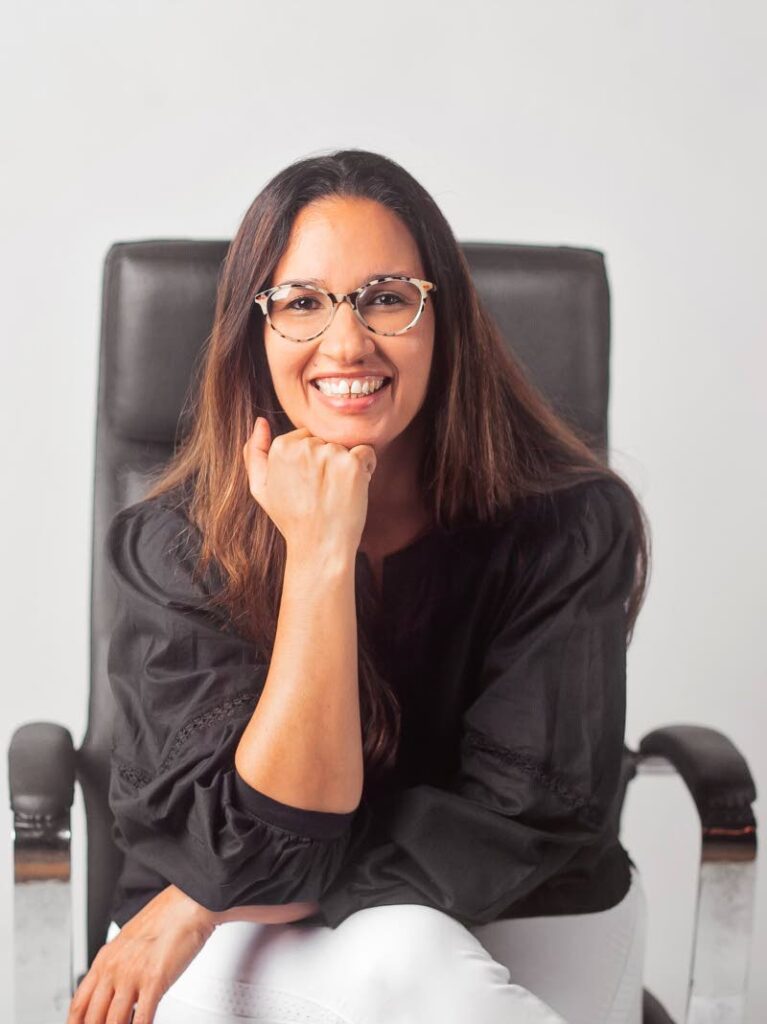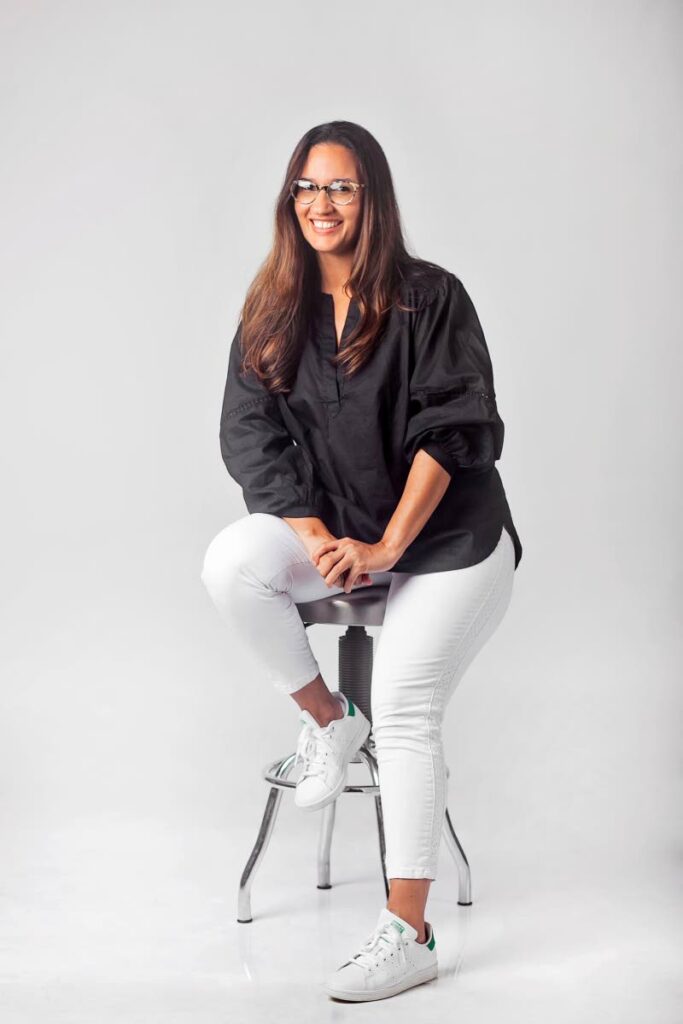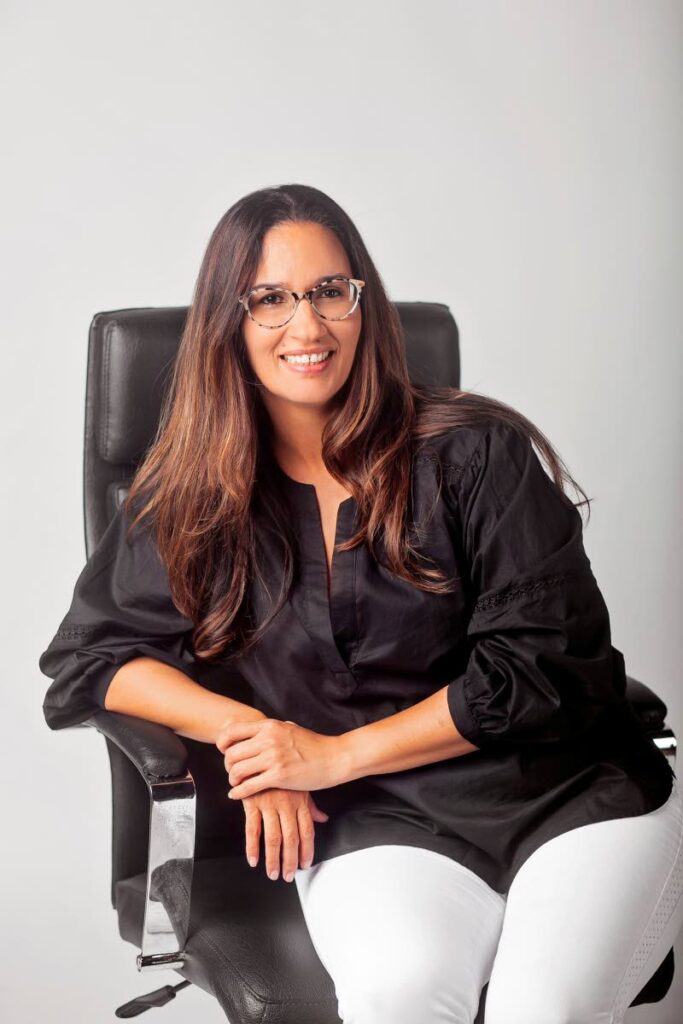Donnella Rodriguez teaches educators how to deal with children with autism

“I want everybody to join me in recognising the need for access to services and resources across the autism spectrum. I want us, as a nation, to feel empowered to make a difference in the lives of autistic individuals and their families alike.”
This is the goal of speech-language pathologist Donnella Rodriguez, 48, who has been advocating for the population she mostly works with, people on the autism spectrum. But it is her particular goal for April, Autism Awareness Month, and April 2, Autism Awareness Day.
“We need to do more and get the word out there that these families need a lot more support. The stigma and (lack of) understanding that’s around autism, I just want to sensitise people about it.
“The families who experience autism, they breathe, eat and sleep autism. They experience it every day of their lives. I feel the children need to experience something that is sensory-friendly.”
With that in mind, this year she has organised a sensory-friendly fun day at Five Islands Water and Amusement Park in Chaguaramas on April 16. The park will open at 9 am to children on the spectrum, two hours earlier than usual, so they and their families can enjoy certain sections of the park.
Rodriguez intends to speak to the lifeguards and staff members, and educate them on autism, how to monitor the children, and provide supportive care and service so parents can relax and enjoy the day with their children in an environment of acceptance and understanding.

After 11 am, when the park is opened to the general public, the parents will have to monitor their own children.
She will also host a free virtual symposium on April 29, when she will play recorded videos of professionals specialising in autism, who will share information. There will also be a live question-and-answer session after the videos.
Rodriguez said she has always been a nurturing person and described herself as a mother hen.
She recalled attending St Monica's Preparatory School in Port of Spain, where the teachers assigned her as the “buddy” for a boy with cerebral palsy. Then, at Providence Girls’ Catholic Secondary School, there was a partially paralysed girl whom she volunteered to help.
She said she never saw them as “different” and had developed the desire to be a teacher.
In 1995 she started doing an associate’s of arts and science degree in early childhood education at Miami Dade College, but transferred to Barry University to do elementary education.
She said there was a scholarship for a bachelor’s degree in special education, so she applied, was accepted, and graduated in 2000.
“I was a special education teacher and there was a lady who would come every day to ‘pull out’ a child for therapy. I asked her to sit in to see what she pulled out my kids for, and when I observed her and saw what she did, I said to myself, ‘This is what I need to be doing for the rest of my life.’”
She applied to do her master’s degree in speech-language pathology at the Nova Southeastern University, Florida and has never regretted it.

Her first placement was at a hospital, working with adults with stroke and traumatic brain injury, but mostly doing early intervention with autistic children.
She enjoys that speech-language pathology is such a broad field. She can work with patients from newborns to geriatric, as the work is not just about speech, but can even involve things like feeding and swallowing.
In 2006, Rodriguez returned to TT and opened her own practice, where 90 per cent of her cases were two-five-year-old children on the spectrum.
“Within my private practice, that was the population that mostly came to me, but what I saw was a struggle for these families and parents raising children with autism.
“They were struggling with misinformation and hearsay. They did not have that structured guidance, and they needed that hand to hold and help them figure out the limited resources we have in Trinidad.

“I need them to advocate for their children and realise their children could go on to live life at their fullest potential if we put things in place.”
In 2011, she and fellow speech language pathologist Sirlon George founded Right Start Early Intervention Programme for children with autism, an NGO providing therapeutic early intervention programmes for children aged two-six. The aim was to prepare them for integration into mainstream schools.
For years, Right Start arranged with Movie Towne, Port of Spain to show sensory-friendly films with lowered volume and the lights turned up for people with autism.
“Because children with autism could be misunderstood with their behaviours and reactions, especially when they go out in public, a lot of families keep them home. They don’t want to go to public spaces, because they would get the looks, so the children won’t be able to experience things like going to the movies without judgement.”
She said the programme was very expensive, and she and George could only help about 24 children at a time for those parents who could afford it. She wanted to have a wider reach to help more people.
So, after ten years of Right Start, she put the NGO aside and started offering specialised training to educators during the pandemic. She trains teachers and aides so they would be better equipped to provide services to children with autism at their own schools.
“My mission now is to be able to create that ability for teachers and educators to accept these children in mainstream schools. And even if it’s in a special-needs school, to be authentically specialised and trained, and not just as a holding bay to keep them safe, clean and entertained while parents work.”
Rodriguez herself was trained and received specialised certification to train others at Hanen Centre, Ontario, Canada, in 2007. Since then, she has been running teacher-training modules and parent-coaching models virtually. She explained that the seven-week Hanen More Than Words programme trains families in the best strategies to facilitate language and communication at home.
“It’s a safe space for all the families who have similar challenges to come together and realise they are not alone. They are able to equip themselves to optimise learning within the home using everyday activities, rather than a drop-in-the-bucket therapy session for half an hour once a week.”
She is also able to reach more families at a time, and because the families get close, and share their challenges and successes, they provide support to each other.
She is also Autism Diagnostic Observation Schedule-certified to assess and diagnose autism and does so along with an occupational therapist and psychologist.
She said many parents with autism mourn the loss of a typically developing child. And because the child cannot communicate in the typical way, the parents have to deal with schools that do not accept their children and the fact that the children cannot fit into a classroom because of their behaviours.
Some parents believe it is their fault and are not equipped to handle it all.
Rodriguez helps parents to deal with their loss and accept their child. She helps them to see the good qualities of children with autism and to interact with their children in more meaningful ways.
The wife of a psychologist and mother of two boys, 18 and 14, Rodriguez spends her time between Santa Cruz, Trinidad and Florida to be closer to her sons. Her 18-year-old is in Germany working towards being a professional footballer, and the 14-year-old is in Florida studying to be a ballet dancer. The younger boy has been diagnosed with ADHD and dyslexia.
“So I went through my own challenges with the various therapies and services, (and I) understand a bit of what these parents are going through. But I have a big support system.”


Comments
"Donnella Rodriguez teaches educators how to deal with children with autism"